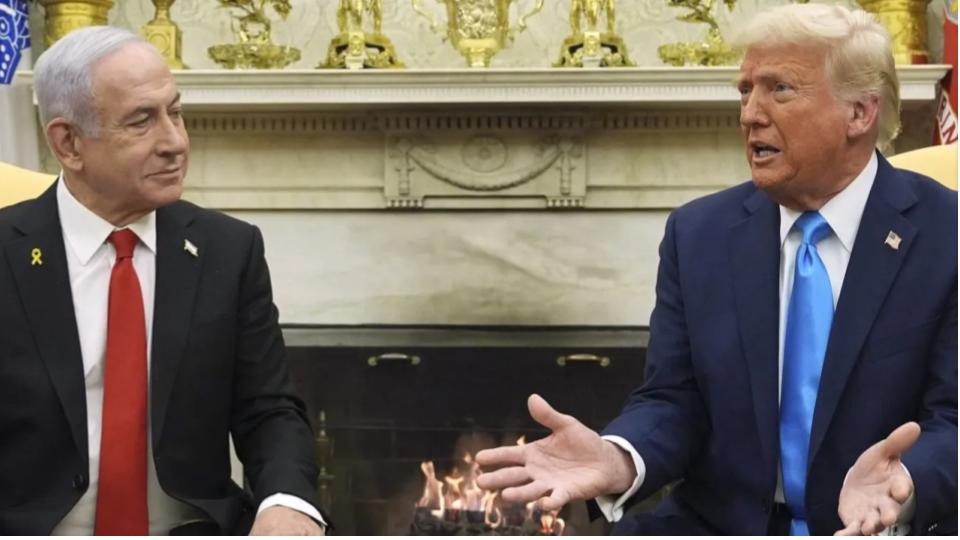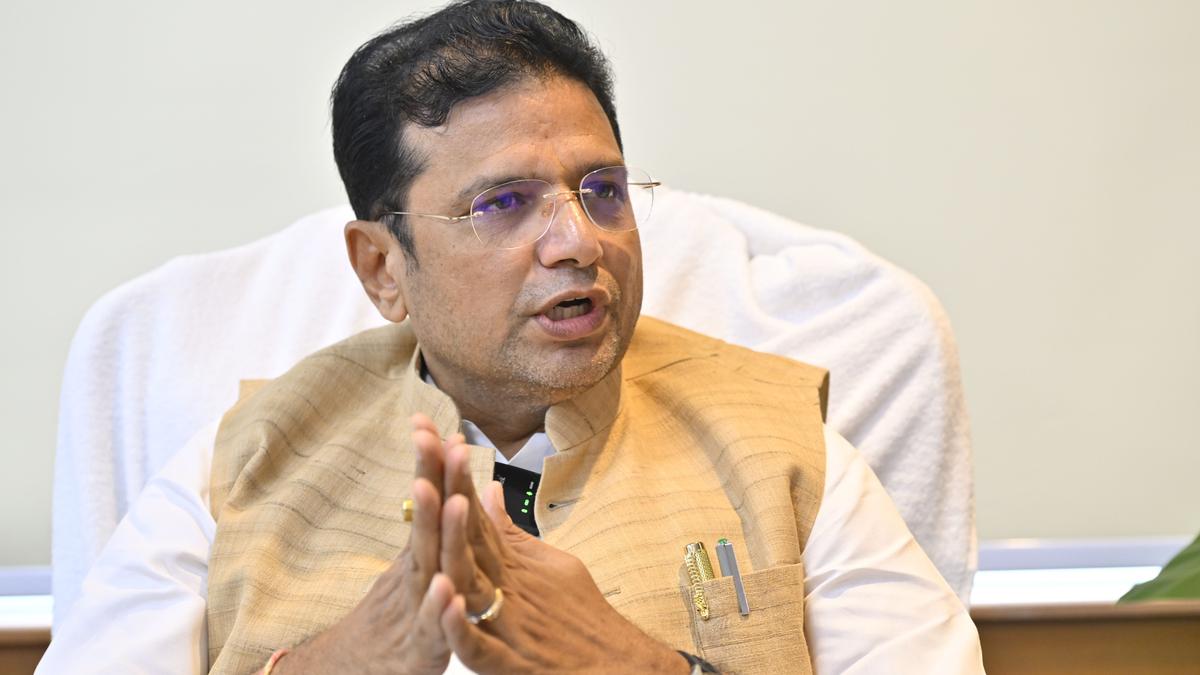Pakistan PM going door-to-door around world, creating content for cartoonists: Rajnath
Sat 28 Sep 2019, 16:41:25
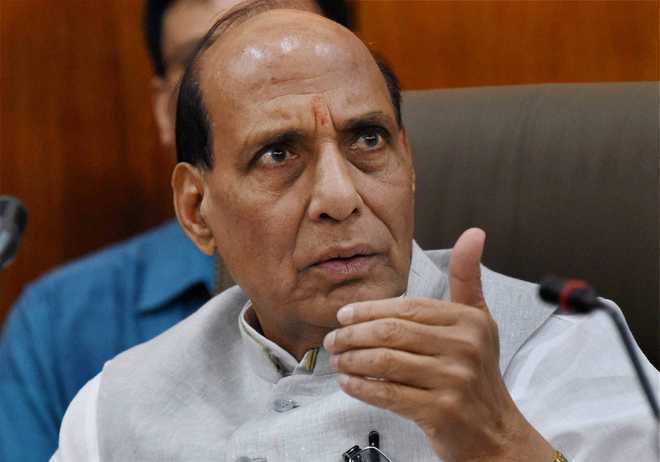
The Pakistan prime minister is going door-to-door around the world and creating content for cartoonists, Defence Minister Rajnath Singh said on Saturday, a day after Imran Khan raised the Kashmir issue in his address to the UN General Assembly.
Singh also said there are some powers who want to carry out a Mumbai-like attack along India's coastal regions, but their plans will not succeed.
The defence minister on Saturday commissioned India's second Scorpene-class submarine INS Khanderi and launched INS Nigiri, the first ship of the P-17A frigates, in two separate events here.
Hitting out at Khan, half of whose speech was on India and Kashmir at the UNGA, and asserting that abrogation of Article 370 provisions was a progressive step, Singh said, "On one side, our progressive steps in Jammu and Kashmir are being accepted across the world, (while on the other) the Pakistan prime minister is creating content for cartoonists by running around door-to-door."
Pakistan should now understand that the commissioning of INS Khanderi has increased India's capability to strike with "greater force, if needed", he said.
"The government is committed to strengthen and modernise the armed forces," the defence minister said, adding that the Navy will take strict action against those who disturb peace in the region.
On the 'Howdy, Modi' event in Houston, he said the prime minister's recent visit to the US "showcased India's emergence as a superpower".
"We witnessed how the prime minister was welcomed by top leaders of the US at a jam-packed stadium. President Donald Trump has also acknowledged the potential of our government...Trump also said that India is capable of fighting against Pakistan-sponsored terrorism," Singh said.
India is proud of its Navy and can never forget the exceptional role it played in the 1971 war when Operation Trident and Operation Python broke the backbone of the Pakistan navy, he said.
"Under operation Trident, the Indian Navy had broken the back of Pakistan. The Navy had brought the trade routes to Pakistan ports completely under its control and made the economy of Pakistan crumble," he said while citing the importance of submarines in modern strategic warfare.
On further advancement of the armed forces, he said, "We are committed to fulfil the requirements of the armed forces in terms of technological advancements and procurement of new machineries..."
"In the recent years, we have been able to bring down incidents of piracy in the Arabian Sea, thanks to the Indian Navy," Singh said.
The Navy will take strong action against any state that tries to disrupt peace in the Arabian Sea and the Indian Ocean regions, he asserted.
"The Indian Navy wants to win the confidence and mutual trust of all
small and major countries in the Indian Ocean. But there are some powers whose actions are unholy," Singh said.
small and major countries in the Indian Ocean. But there are some powers whose actions are unholy," Singh said.
"There has been speculation of possibility of another 26/11-type attack on India's west coast. But such plans will not succeed here," Singh said, adding that India today has the capability and the Navy, the confidence, that no one else in the Indian Ocean region has.
"We will leave no stone unturned in order to strengthen the Indian Navy. With its modern weapons, the Navy is not a threat to any peace loving nation," he asserted
The truth is that the Indian Navy wants to inspire confidence and trust in all the nations, whether small or big, of the Indian Ocean region, Singh said.
"There are certain powers that have ill intentions. They are conspiring to conduct a Mumbai-like 26/11 attack - using the sea routes - in the coastal regions of India. Their desires will not be allowed to be fulfilled in any way," he said.
On the commissioning of INS Khanderi, he said, "It is a matter of immense pride that India is one of the few countries which can build its own submarines."
While at the launch of INS Nigriri, Singh said India today is also among countries that build their own aircraft carriers and stealth frigates. "I'm told that to build a frigate, 4000 people get direct employment and 20000 indirect employment," he added and congratulated the Navy and Western Naval Command on the induction of these potent combatants.
INS Khanderi is an indigenously-built second Kalvari class diesel-electric submarine. Four more are going to be commissioned in the coming years. The first, INS Kalvari, was commissioned in December 2017, officials said.
"Khanderi is built at the state-run Mazagon Dock Limited (MDL) and underwent rigorous sea trials for over two and a half years. The concerns of the Navy have been addressed," a Western Naval Command official said.
The diesel-electric submarine has state-of-the-art technology that reduces noise under the sea.
It has the capability of firing six torpedoes and the maximum speed is 20 nautical miles per hour, which is a world standard for most of attack-type submarines, the official said.
Khanderi requires a crew of 36, against a previous requirement of 60. This saves on oxygen and allows it to stay under water for longer periods, he said.
"In one go, the submarine can spend 45 days at sea. The submarine needs to surface to reduce the carbon dioxide level inside it and charge batteries ever two days, he said.
MDL and French company Naval Group (earlier known as DCNS) are jointly building the submarines after a contract was signed in 2005.
The Scorpene or Kalvari class submarines are: 'Kalvari', 'Khanderi', 'Karanj', 'Vela', 'Vagir' and 'Vagsheer'.
No Comments For This Post, Be first to write a Comment.
Most viewed from National
Most viewed from World
AIMIM News
Delhi Assembly polls: Owaisi leads Padyatra in Okhla
Feb 01, 2025
We reject this Waqf Amendment Bill: Asaduddin Owaisi
Jan 30, 2025
Latest Urdu News
Most Viewed
May 26, 2020
Which political party will win the Delhi Assembly polls to be held on Feb 5?
Latest Videos View All
Like Us
Home
About Us
Advertise With Us
All Polls
Epaper Archives
Privacy Policy
Contact Us
Download Etemaad App
© 2025 Etemaad Daily News, All Rights Reserved.

.jpg)
.jpg)
.jpg)




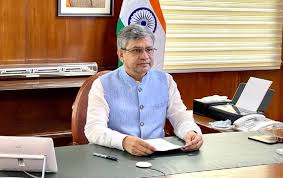


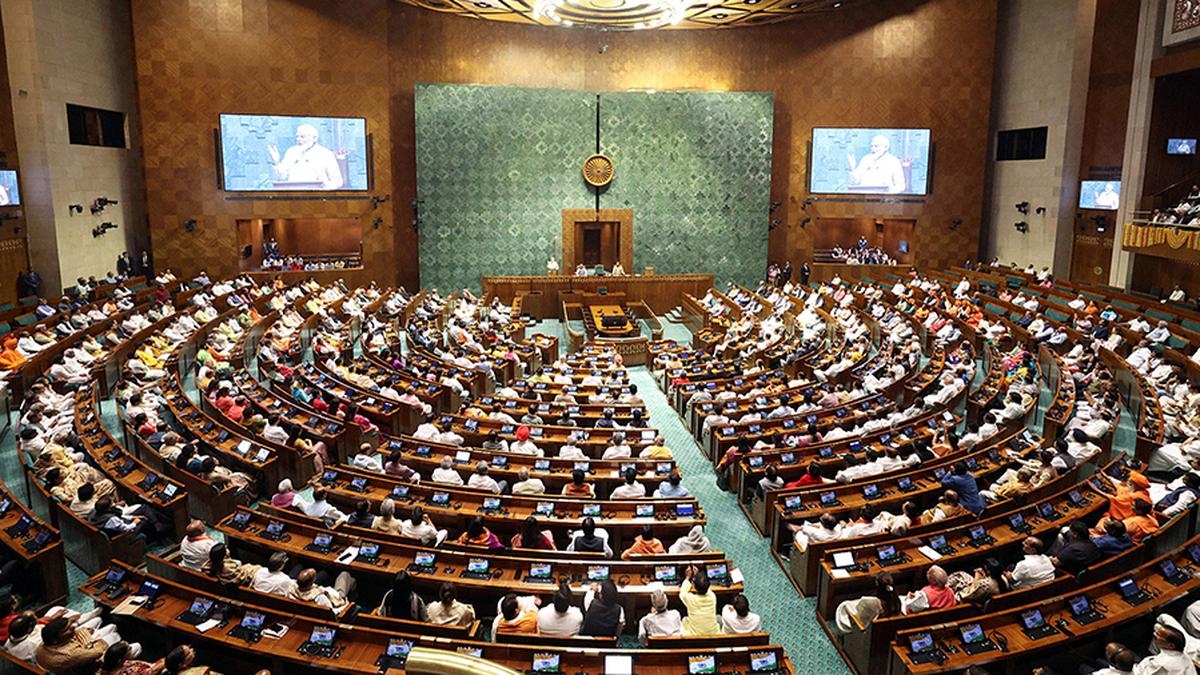
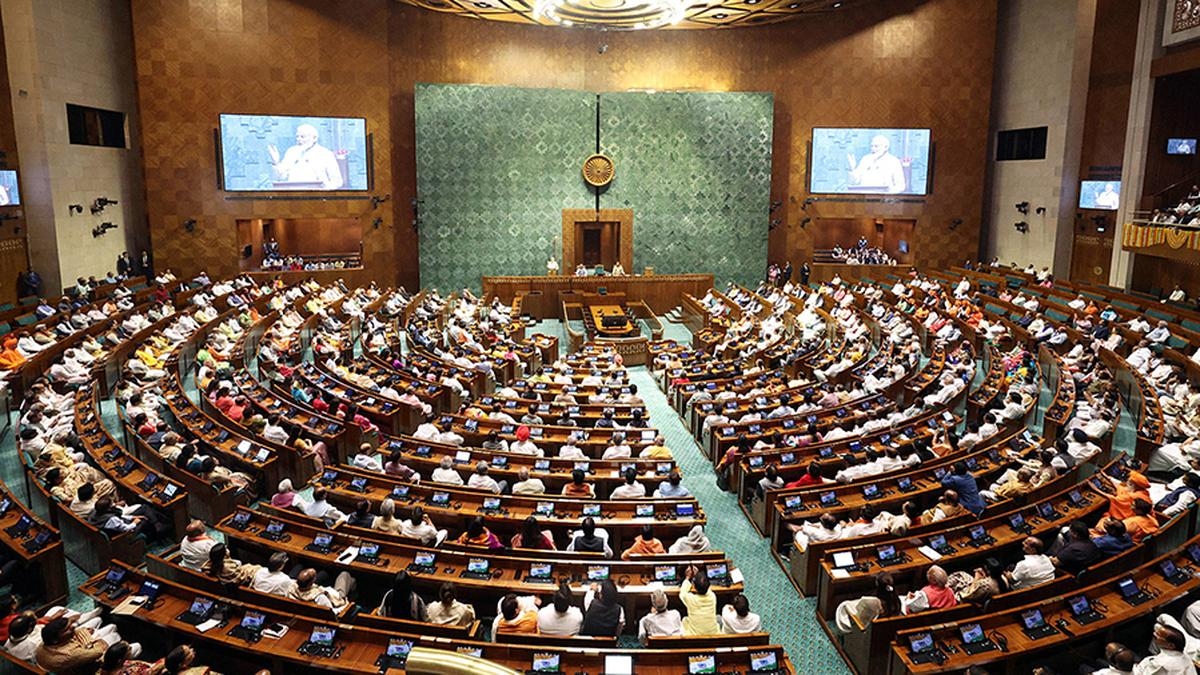
.jpg)
.jpg)
.jpg)
.jpg)
.jpg)
.jpg)
.jpg)
.jpg)
.jpg)
